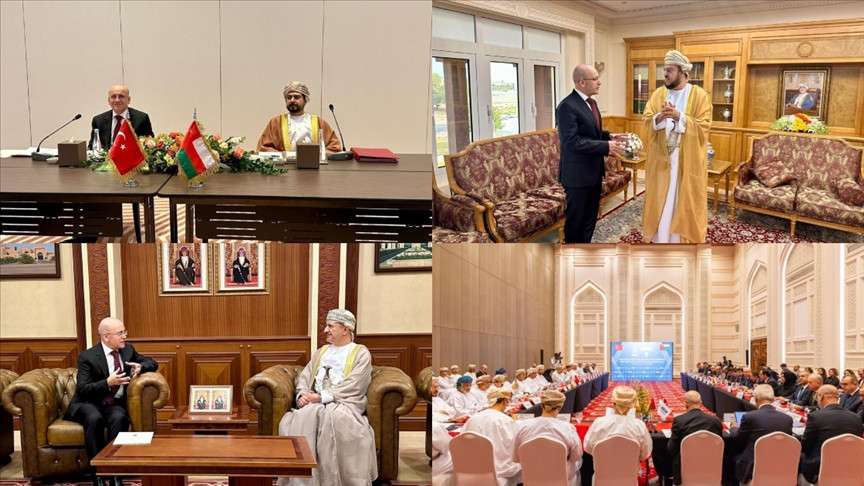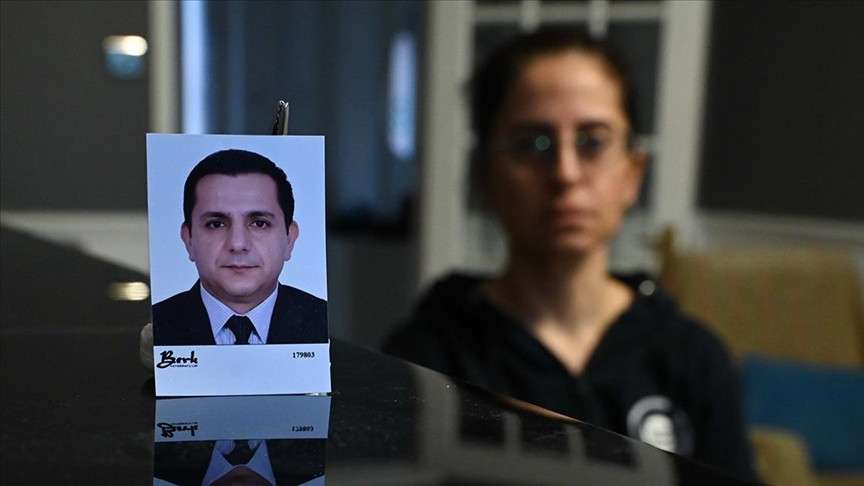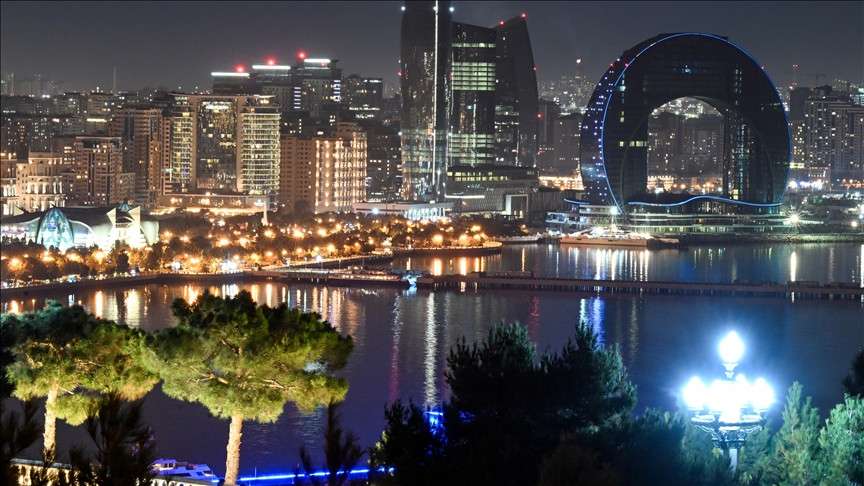Turkish Cypriots expecting more from new UK government to end ‘unjust isolation’
Turkish Cypriots expecting more from new UK government to end ‘unjust isolation’
Turkish Cypriot groups are optimistic for meaningful change and progress with a new Labour government in power after years of Conservative rule
Non-governmental organizations from the Turkish Republic of Northern Cyprus (TRNC) are calling on the new UK government to take stronger and more decisive action to address the growing challenges faced by the island’s Turkish Cypriot community.
The NGOs are advocating for increased diplomatic efforts to end the “unjust isolation” of Turkish Cypriots, urging the Labour government to implement new policies that prioritize the safety of Turkish Cypriots and contribute to long-term stability.
Alp Cengiz Alp, a member of the Board of Directors of the Turkish Cypriot Chamber of Commerce, emphasized the significance of the UK’s longstanding ties with the island.
“Turkish Cypriots are citizens of the UK government, and we have many British visitors who live comfortably on the northern side of the island. We would like to arrange for a direct flight to Northern Cyprus so that the communities of Northern Cyprus, in a humanitarian sense, can be connected to the wider world,” he told Anadolu.
“We are going to ask this directly of the members of the UK Parliament,” he added, underscoring the urgency of the request.
Greek Cypriot administration acting against EU principles
Alp said Turkish Cypriots hoped for progress when the Greek Cypriot administration was admitted to the EU in 2004, but the move had the opposite effect.
“There were three aspects – direct trade, financial assistance, and ‘the Green Line.’ Since 2004, the EU has provided some assistance to the TRNC on an annual basis … to support the people and to increase their welfare,” he explained.
The Greek Cypriot administration, on the other hand, has been acting counter to the EU’s principles, he said.
“What the Greek Cypriot administration is doing directly opposes the philosophy and principles of the EU. On one hand, you have the EU seeking to increase the well-being of Turkish Cypriots, while a member state … is taking steps to do the very opposite,” he said.
The resulting isolation has, according to Alp, only worsened the plight of Turkish Cypriots.
UK’s role and expectations from Labour government
With a new Labour government in power following years of Conservative rule, Turkish Cypriots are optimistic for meaningful change and progress.
Alp emphasized Britain’s importance as one of the three guarantor powers, saying: “We consider the UK to be a neighbor, and as such, we will expect them to approach these matters with greater sensitivity and to show more attention.”
He said Turkish Cypriots, particularly the youth, feel excluded from the international community as they are unable to participate in global events and forums.
“Our people, our youth are unable to join international organizations. They’re not able to participate in them, which is a source of great sadness,” he said.
‘This matter extends beyond regional concerns’
The Protection Rights Initiative, a coalition of six civil society organizations from the TRNC, recently held a series of meetings in London to raise awareness about the pressing issue of immovable properties in Northern Cyprus.
The coalition called on the international community to address what it described as an international human rights issue, stressing that “this matter extends beyond regional concerns and significantly impacts the global pursuit of justice and human rights.”
Representatives of the coalition also held a meeting with Nesil Caliskan, a Turkish Cypriot who is Labour’s MP for Barking, East London.
They expressed their concerns about the ongoing property disputes and called for the Labour government to treat the issue as a priority.
At a press conference last week, members of the Protection Rights Initiative pointed out that Greek Cypriots have open access to property rights in the TRNC.
They condemned the Greek Cypriot administration for arresting third-country nationals under the pretext of property rights violations, arguing that such actions are “contrary to international law.”
Yorumunuz başarıyla alındı, inceleme ardından en kısa sürede yayına alınacaktır.


















